Indonesia’s iron and steel industry has been growing rapidly in recent years. While exports accounted for 35-40% of local production between 2019 and 2023, production facilities could not operate at full capacity due to the domestic market’s dependence on imports and utilization rates remained between 40-60%.
Crude steel production capacity is expected to exceed the 2035 target of 25 million tons, reaching over 45 million tons. However, despite this growth, the lack of a strategic roadmap in capacity planning and technology development prevents the re-activation of existing idle capacities and the development of sub-areas in the sector.
Investments in the basic metals sector, which were 14.7 billion USD in 2020, reached 37.7 billion USD in 2023. Investments are being led by major players such as Gunung Steel Group from Indonesia, Ansteel and Delong Groups from China, and POSCO from South Korea. The planned expansions will mostly be made with blast oxygen furnaces (BOF) and blast furnaces (BF) and will increase steelmaking capacity by 125% and ironmaking capacity by 55%. However, these investments run counter to the direct reduction iron (DRI) and electric arc furnace (EAF) processes that aim to achieve global low-carbon emissions.
While neighboring countries such as Vietnam, the Philippines, and Thailand are rapidly adopting EAF technologies, Indonesia’s reliance on carbon-intensive BF-BOF processes increases the risk of carbon lock-in. This poses a threat to Indonesia’s climate goals.
Experts recommend accelerating decarbonization processes based on renewable energy and setting binding climate targets to make the steel industry more competitive. Such a roadmap could encourage sustainable investments and position Indonesia as a leader in green steel production.



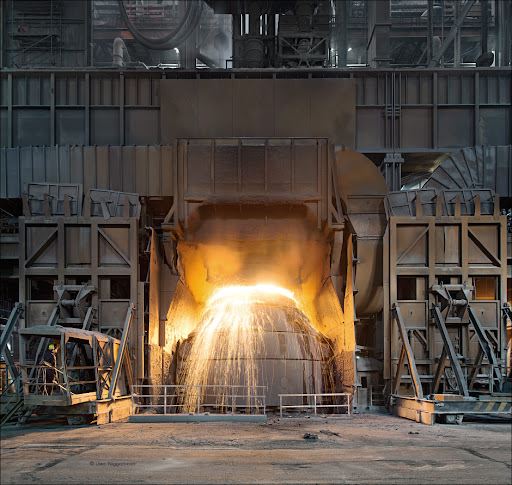
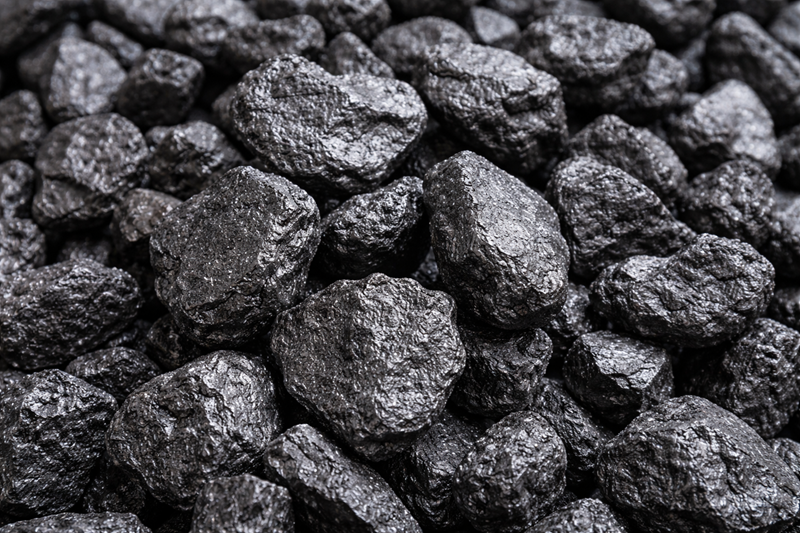
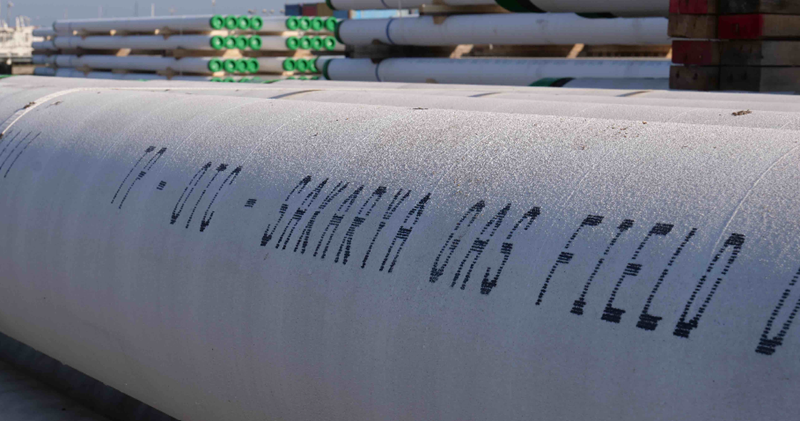
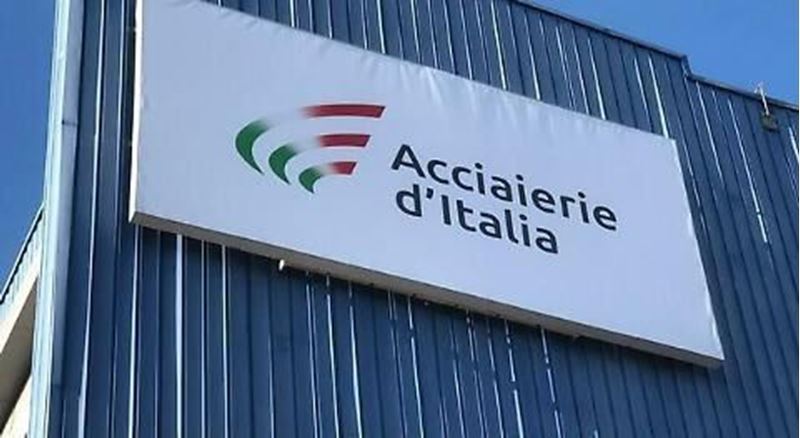
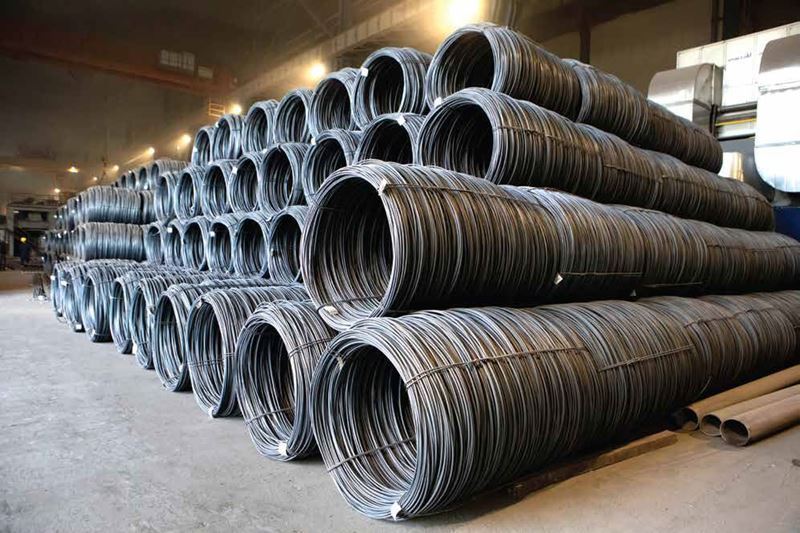
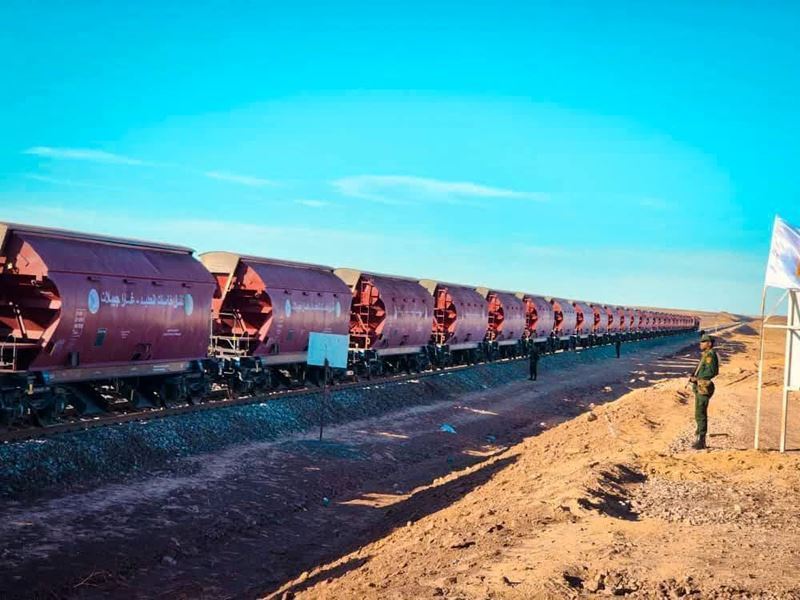


Comments
No comment yet.